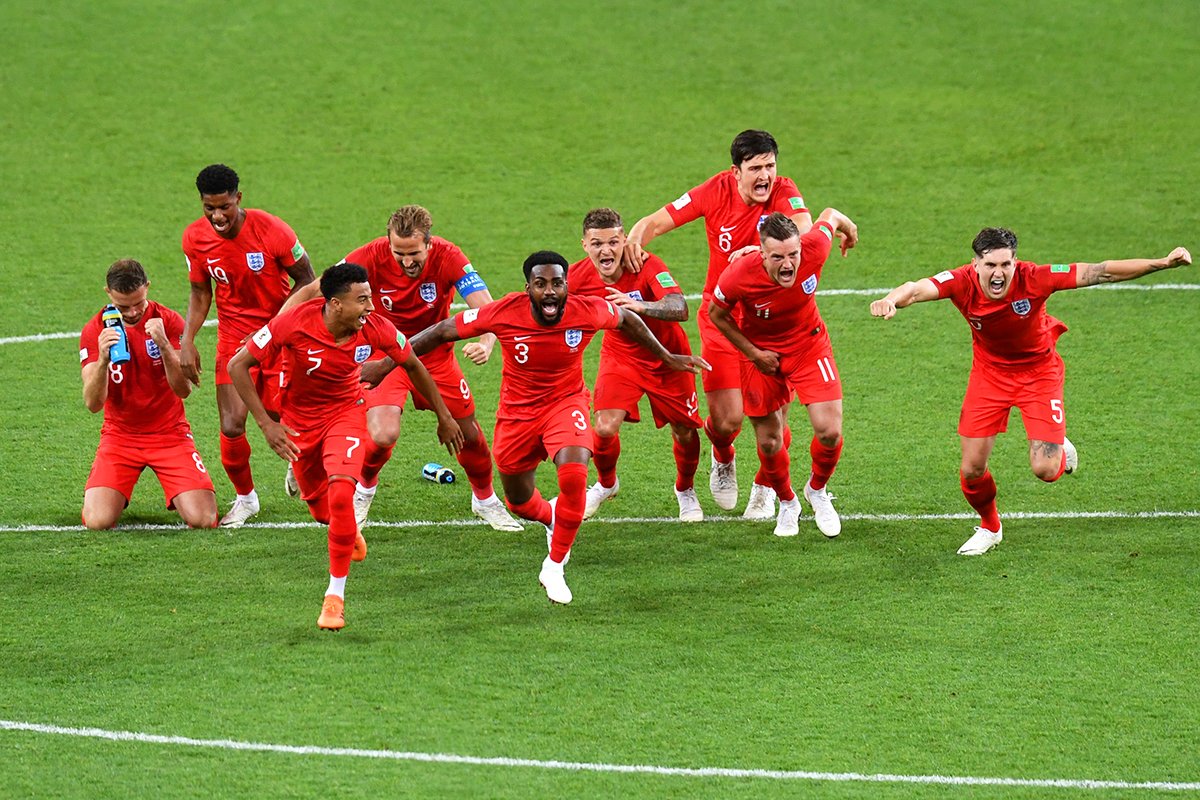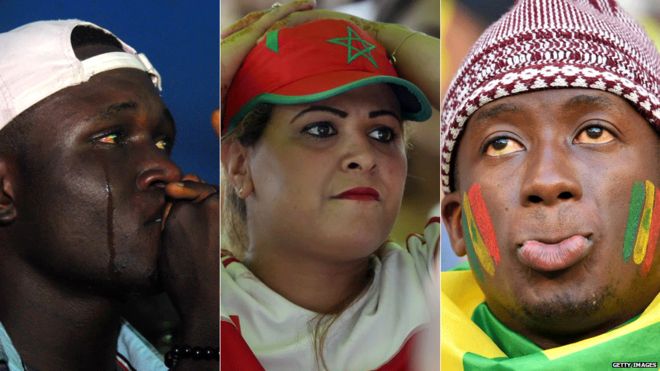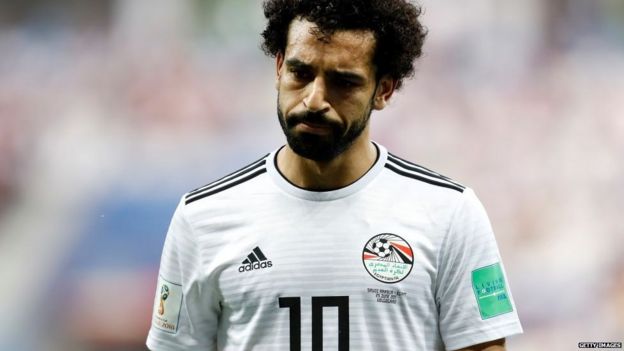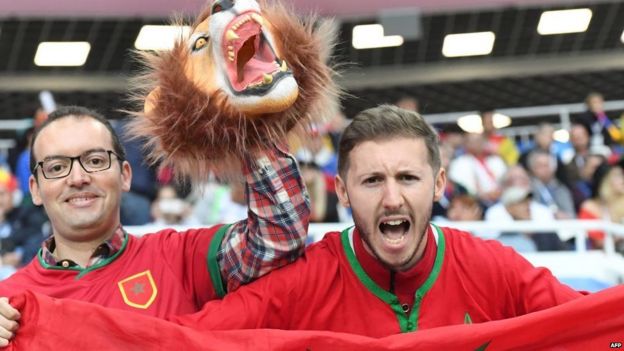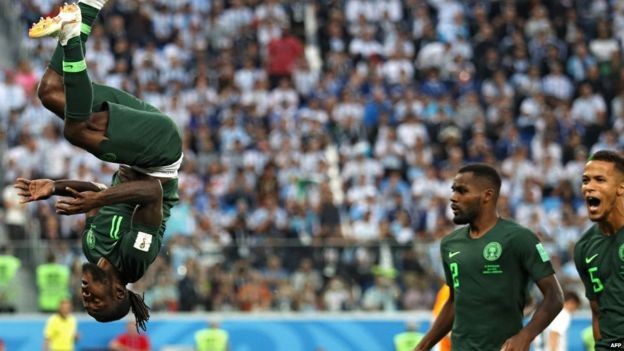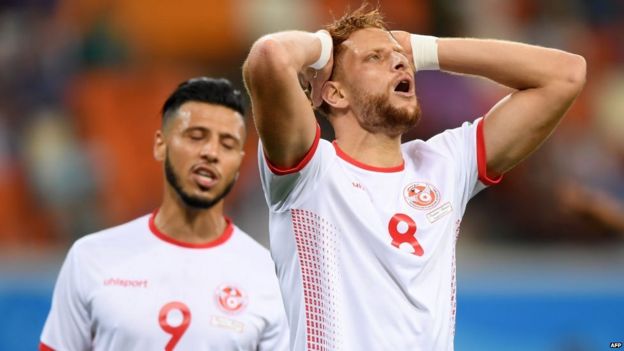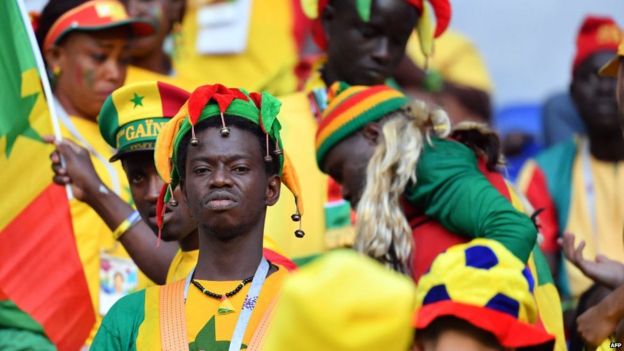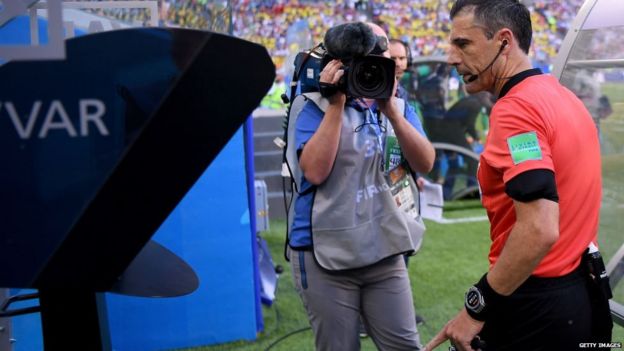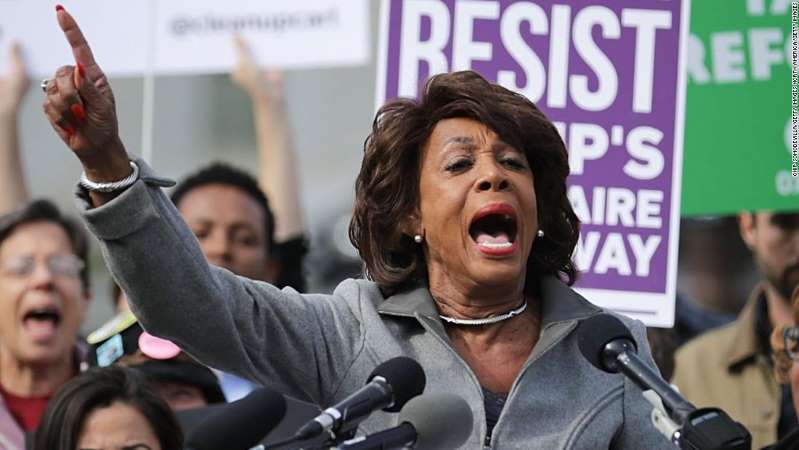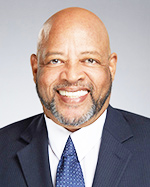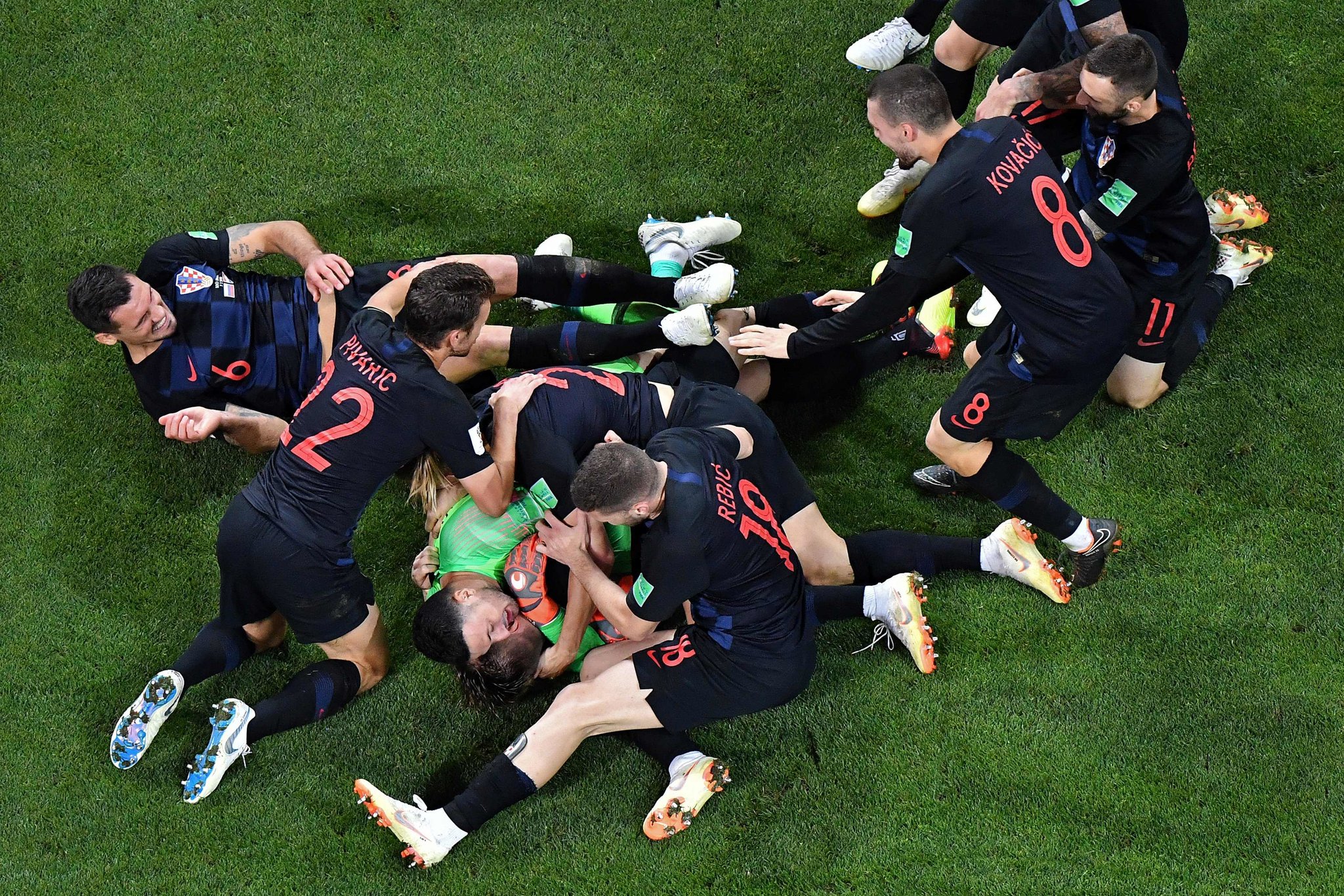
SOCHI, Russia — It was only a couple of minutes to midnight, and Miroslav Romaschenko did not want to leave. As Croatia’s players bounced around in ecstasy and as Russia’s collapsed, disconsolate, onto their backs, the losing team’s assistant manager sat down, frozen in place on the Fisht Stadium’s turf.
He stayed there, staring into space, as the Croatian captain, Luka Modric, leapt into the crowd, celebrating his country’s second-ever World Cup semifinal; as both teams sought out Fyodor Smolov and Mário Fernandes, the two players whose missed penalties brought Russia’s tournament to a close; and as the fans turned to leave, back to the beach, back to the bars, back to reality.
His colleagues tried to rouse him, leaning in close to whisper their commiserations, asking if he wanted a hand up. Gently, he waved the first few entreaties away. When he finally moved, urged to his feet by Alan Dzagoev, the Russian midfielder, he did so slowly, reluctantly. Once he left the field, once the clock ticked 12, once tomorrow came, he knew it would all be over. For all the sorrow and the hurt, he had the look of a man not quite ready for it to end.
Nobody expected Russia to remain at its own party for quite this long. A kind draw in the group stage raised the possibility that the host — on the eve of the tournament ranked just the 70th best team in the world — might avoid the embarrassment so many here feared it might suffer. At best, Stanislav Cherchesov’s team might have expected to survive to the knockout rounds. Aleksandr Samedov, the midfielder, said on the eve of the tournament that all he wanted was to “make the country proud.”
He and his teammates did that, and far, far more. The first weeks of this tournament felt like a reverie for Russia. At the start, as the seemingly endless crowds of Latin American fans swept into the country, an invading force wearing sombreros for helmets, the host seemed unsure of what to make of it all: welcoming, of course, and intrigued, but a little detached.
By the time Russia had dispatched Saudi Arabia and Egypt in its first two games, however, the mood had shifted: from hope to excitement and on, ever upward, to elation. A loss to Uruguay in the final group game — with qualification in the round of 16 assured — did not dampen it.
When Russia then sent Spain spiraling out of the tournament in a wildly intense round-of-16 game decided by a penalty shootout, hundreds of thousands of jubilant Russian fans, if not more, spilled onto the streets of cities the length and breadth of this vast country.

Central Moscow ground to a halt, an impromptu street party that some compared to the celebrations at the end of World War II. From Kaliningrad to Vladivostok, the nation was in thrall. “The entire Russian country is in love with us,” as Cherchesov put it.
The rest of the world benefited, too. Russia’s unforeseen success illuminated the whole tournament. It meant that the host was not just a stage for the carnival, but a continuing participant in it. By knocking out Spain, Russia also did its bit to add to the air of the surreal that, most likely, will be the abiding memory of this World Cup.
That victory was not enough to ensure Russia a place in the planet’s collective heart, however. A note of doubt, remained. It is not unusual for World Cup hosts to exceed expectations, for an average team to be spurred by a partisan crowd and patriotic pride, and advance further into the tournament than its apparent talents might suggest.
Nor is it unusual for such homegrown success to attract raised eyebrows: Witness South Korea’s referee-assisted run to the semifinal in 2002; Argentina’s controversial appearance — and victory — in the final in 1978; even the longstanding South American allegations of a European plot to ease England’s path to glory in 1966.
In Russia’s case, those suspicions came easily. It is only four years, after all, since the Winter Olympics in Sochi, in which a vast state-backed doping program corrupted the results and boosted Russia to the top of the medals standings. Russia played Saturday’s World Cup quarterfinal in the stadium that opened and closed that event; the doping laboratory at the center of the accusations sits just outside the arena’s security zone. It is a restaurant now.
Grigory Rodchenkov, the whistle-blower at the center of the Sochi case, has alleged that he was told to make sure there was “no noise” when it came to failed tests for soccer players.

The Mail on Sunday, a British newspaper, has claimed FIFA knew of cover-ups in Russian soccer 18 months before this tournament started. Travis Tygart, chief executive of the United States Anti-Doping Agency, told USA Today in the past week, “We’re fools to believe it’s any different this time around from what happened in Sochi.” Denis Cheryshev, one of Russia’s breakout stars, has been forced to deny taking a growth hormone after his own father — apparently misquoted — suggested he had.
There is no documentary evidence of any wrongdoing, of course. It is all supposition and conjecture. It would all be roundly rejected not only by the Russian authorities but by much of the Russian people, inclined to be suspicious of anything any government tells them.
But in that climate, seeing a Russian team not only surpassing its fans’ wildest expectations, but doing so by running farther than every other team here — and by some considerable distance — it is hardly unreasonable to withhold a little affection for this Russian team, to wonder if what we have seen is real.
That is the price you pay, of course — just as all cyclists are vulnerable to being tarred by the sins of the past, regardless of their own guilt, so too all Russian athletes are now, unfairly, greeted with skepticism. But that is not to say that the culpable always bear the cost alone. Presuming their innocence, they are victims here, too. They are the ones who should be receiving garlands of praise for all they have done, and not dealing with any innuendo and rumor.
From the way they responded to the end of their journey, there is no question that it has all seemed real to the players, and to the staff. They arrived here in Sochi believing, with all of their hearts, that they could sustain this monthlong fantasy for a few more days.
When Cheryshev scored yet another wonderful goal in this dreamlike summer of his, it seemed they might; when Fernandes drew the game back to 2-2, deep into extra time, forcing yet another penalty shootout, the whole stadium seemed to believe fate and fortune were on Russia’s side.
And when, in the middle of the shootout, Dzagoev urged the crowd to make yet more noise, to make itself heard out across the Black Sea and into Turkey, and in the caldron, Mateo Kovacic duly missed his spot kick for Croatia, it seemed that, once more, they were.
The spell, though, could not hold. At some point, even at the best parties, everyone has to go home. Fernandes missed; Domagoj Vida scored for Croatia, and so, too, did Ivan Rakitic. Croatia’s players raced to their fans. Russia’s players sank to the floor. And as the lights came on and the reverie evaporated, Romaschenko sat on the turf, waiting for midnight, hoping to stretch it out just a bit more.


